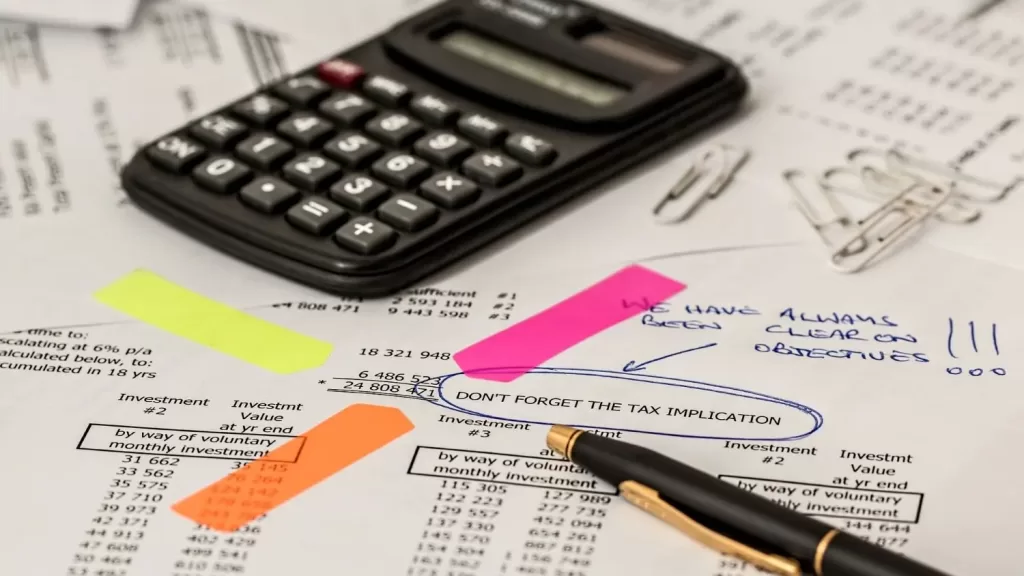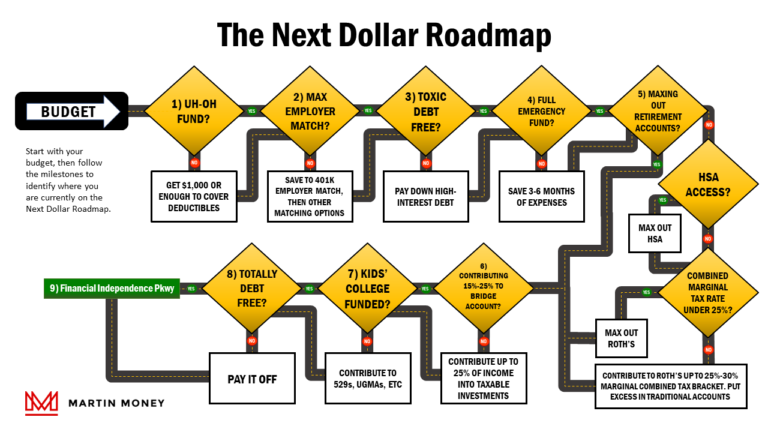Do I Have to Report My Roth IRA On My Tax Return?
Technically, contributions to Roth IRAs should be reported by the account custodian on behalf of the account holder using form 5498. A copy should also be sent from the custodian to the account owner for their records. You do not need to submit form 5498 with your individual tax return unless your custodian fails to do so.
As you probably already know, contributions to Roth IRAs are made on an after-tax basis, meaning your contributions will not earn you a deduction from your taxable income ☹.
You probably also know that any contributions you make to a Roth IRA are always available for withdrawal completely tax and penalty free.
The free access to contributed principal is one of many great features of Roth IRAs.
Naturally, this might cause one to wonder what impact, if any, this should have on one’s income tax return.
After-tax dollars and no further taxation on growth, why would the IRS even care?
Well, whether they do or not, you should.
In this post, we’ll talk about how the IRS is notified about Roth IRA contributions and why you want to make sure they receive that notification.
Form 5498
Your Roth IRA custodian or trustee is the party responsible for notifying the IRS of any contributions you make to your Roth IRA account.
This notification is made using form 5498 and it is submitted to the IRS in May of the year following the tax year in which contributions to the Roth IRA were made.
The custodian waits until May because the IRS allows for Roth IRA contributions to be made up until the tax filing deadline in April each year.
Your Roth IRA custodian should also send you a copy of Form 5498 for your records. You should hang on to these forms with your other tax documents because keeping track of your contributions is important.
Why You Should Make Sure the IRS Knows About Your Contributions
Considering contributions are made on an after-tax basis and all future withdrawals from Roth IRA accounts are tax-free, you might wonder why the IRS would care about your Roth contributions.
After all, it’s not as if you’ll owe them anything further from this account.
Well, there are a couple of reasons the IRS wants this data, and one you should care about greatly.
Contribution Limits
First, Roth IRAs have certain contribution limitations for those with high modified adjusted gross incomes (MAGI).
If you make a contribution despite being disqualified on the basis of your MAGI, the IRS will need a basis from which to enforce a penalty against you until you remove the funds.
The Five-Year Rule
Second, there are several five-year rules for Roth IRAs. A record of your contributions is important for ensuring you satisfy these requirements before making withdrawals.
For Possible Withdrawals
Finally, and most important for you, the IRS needs to know how much of your Roth IRA balance is the result of contributions and how much is from earnings.
If you make a withdrawal, contributions are tax-free, but earnings are subject to a 10% penalty.
The IRS can’t accurately enforce early withdrawal penalties if they don’t know how much you’re allowed to withdraw.
The reason you should care about this is because without an accurate record of your contributions the IRS may penalize you for something they shouldn’t.
It’s just an unnecessary risk that can easily be avoided by making sure the correct paperwork gets sent in.
And even if you don’t ever plan to withdraw your contributions, you’ll at least know how much you can withdraw if you needed to.
Over time, you may convert Traditional IRA balances to a Roth or even roll a Roth 401(k) over into your Roth IRA.
It’s not that hard to lose track of your contributions in the absence of careful record-keeping.
What About Roth 401(k)s?
Roth 401(k)s, like Roth IRAs, also allow for the withdrawal of tax-free contributions.
Unlike Roth IRAs, your contributions to a Roth 401(k) are recorded on your W-2 that you receive from your employer. You’ll find them in Box 12 with code ‘AA’ next to the amount.
You should keep track of this too in a separate location.
Your 401(k) custodian should also be doing this, but I wouldn’t count on them and you should have the amount available in case you have an emergency and need to tap into this money.
Conclusion
Answering the original question directly: no, you do not have to report Roth IRA contributions to the IRS.
However, I recommend making sure your Roth IRA custodian is filing form 5498 with the IRS each May.
Furthermore, you should keep accurate records of your IRA contributions so you know what is available to you in the event you need to make a withdrawal.







